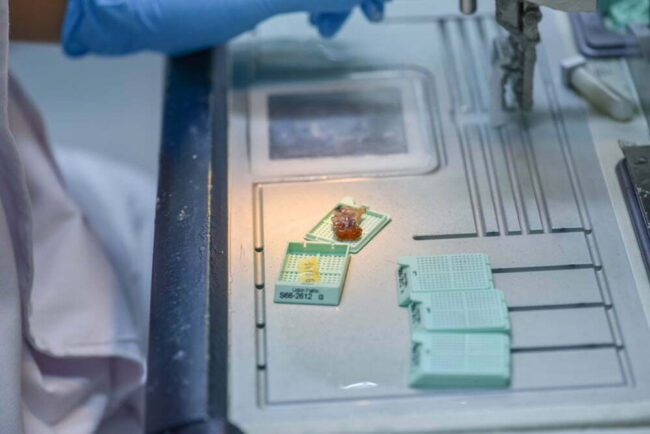Reflecting on a Decade: Trends in the SCARD Database
Over the past decade, the SCARD database has played a pivotal role in tracking and improving skin cancer diagnosis and treatment in Australia. As we look back on the data from 2015 to 2024, several key trends emerge that highlight both advancements and ongoing challenges in the field.
Details




